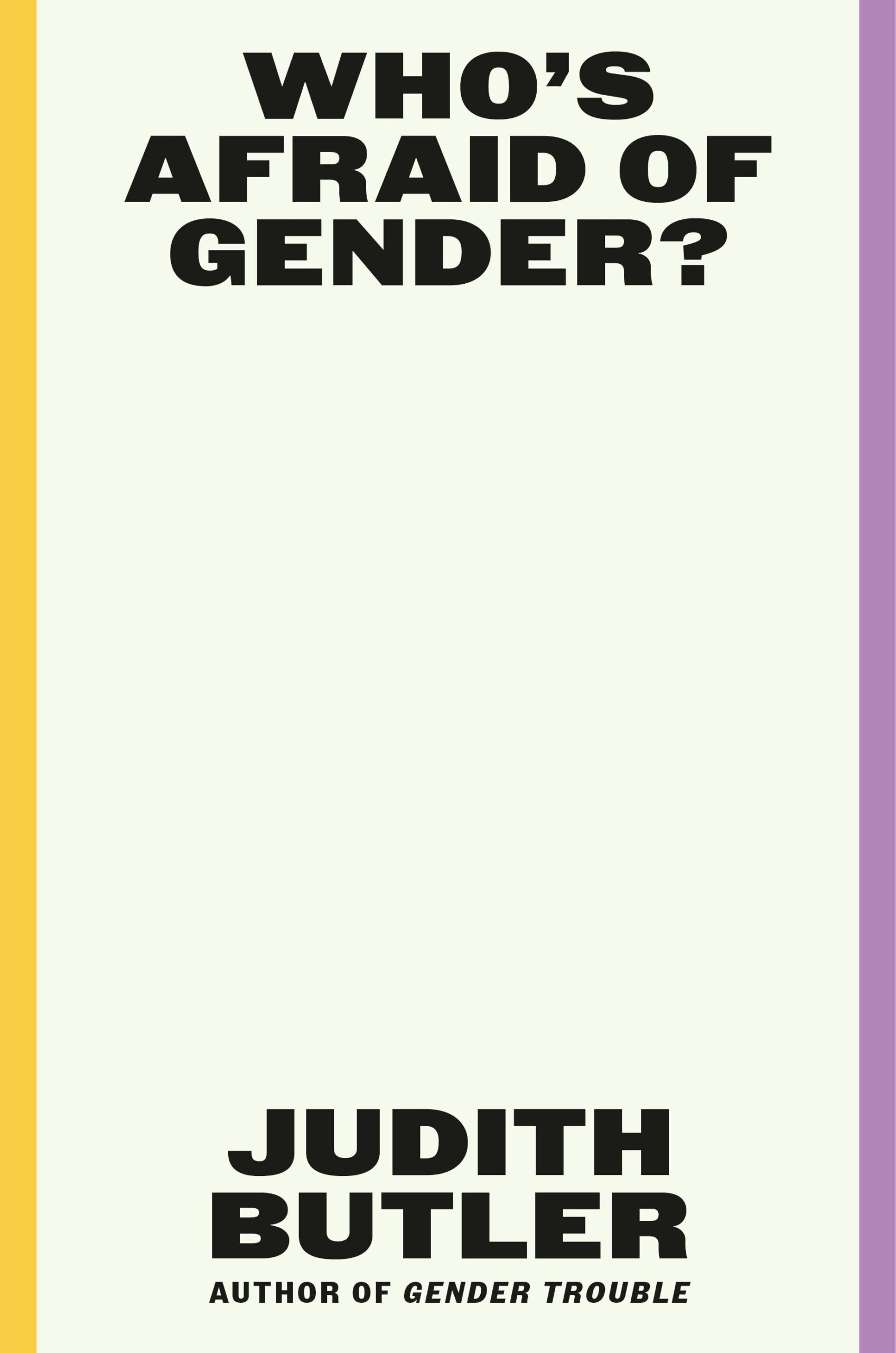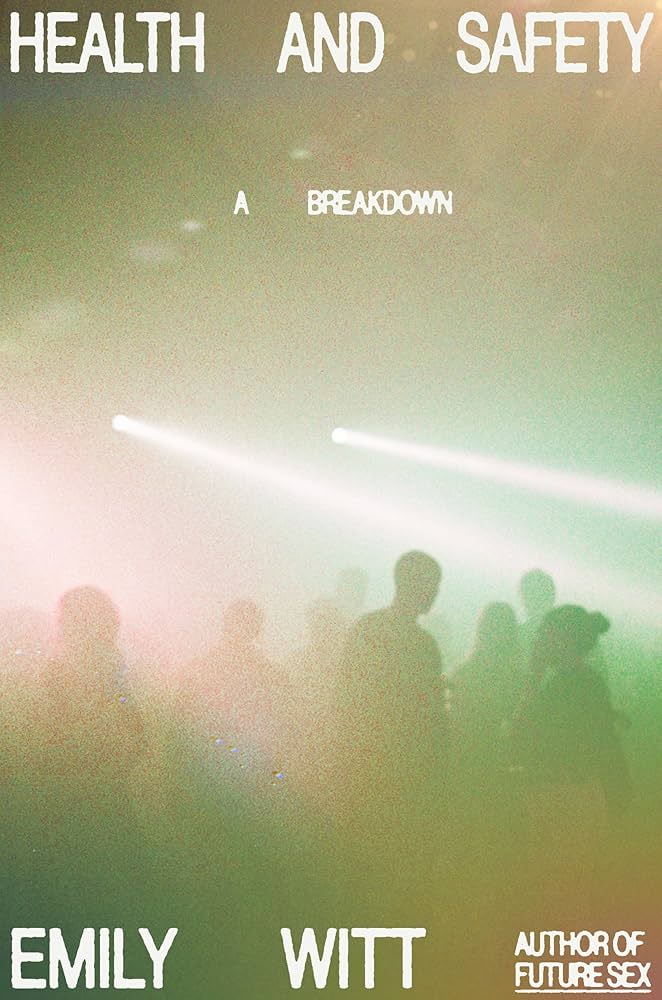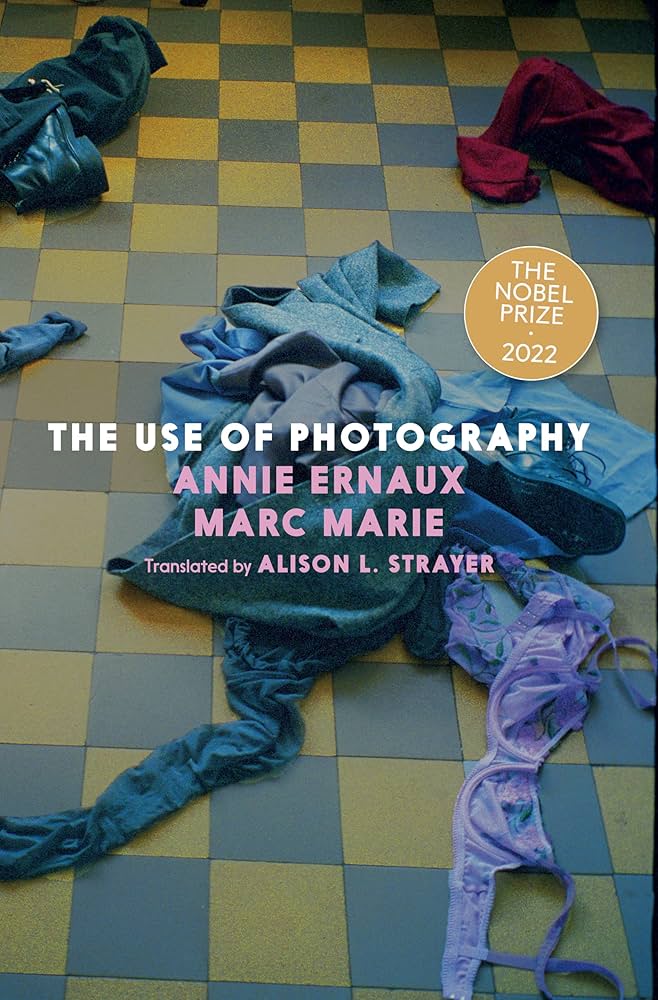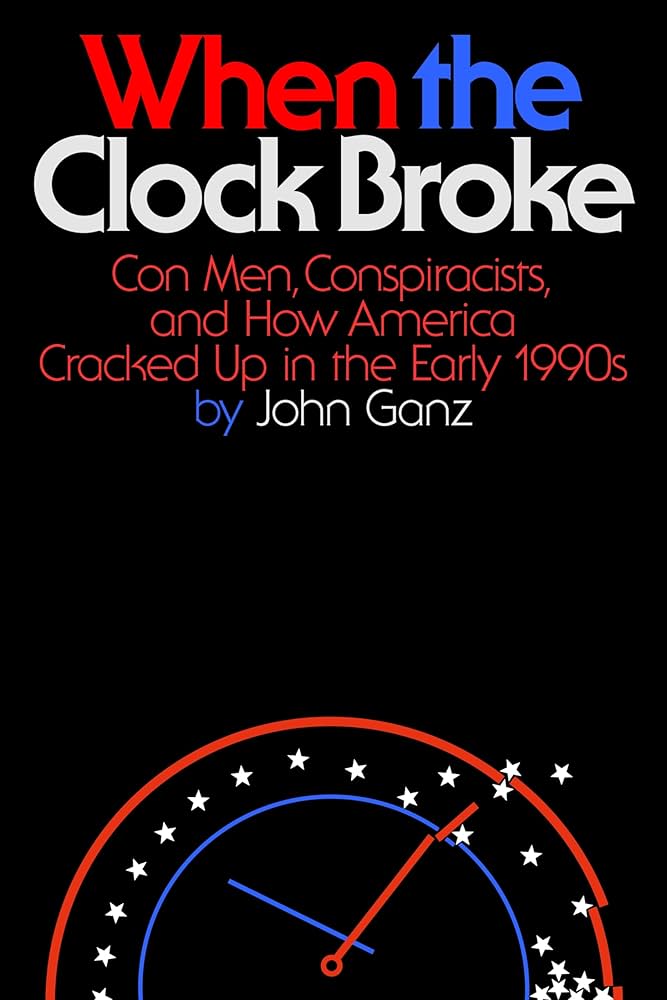If you’re looking for something to help you dunk on a transphobe or convince people to change their ways, this isn’t the book you want. Who’s Afraid of Gender? is a very academic book in which Judith Butler seeks to answer exactly the question posed by the title. The unfounded gender panic has been a key plank in the broader culture war for less than a decade, by my estimate – but transgender people have been around a lot longer than that. Judith Butler wants to understand and document how exactly it became the dominant (in Butler’s words, “phantasmatic”) issue that it is today.
I really didn’t know anything about Butler before I picked up this book. This Guardian article would have brought me up to speed:
Butler’s 1990 book, Gender Trouble…brought classic radical feminism, psychology and poststructuralist philosophy to bear in the analysis of gender and sexuality. But though they were a rock star in academic circles, Butler was hardly mainstream…they were also infamous for deploying exceedingly long sentences, dense prose, and the postmodern style that people either really love, or really hate.
The answers that Butler shares don’t surprise on first review. The obvious culprits are here: the Vatican and the evangelical right, primarily, with trickle-down effect to other religious groups, the incurious and insecure, and those simply afraid of change.
But what Butler does here, for me at least, was to help understand how these groups can hold such fierce opposition to ‘gender ideology’ when it actually concerns a vanishingly small number of people. Why does the Right care about bathrooms but not guns? Why do they place the hypothetical rights of biological women in prison above the very real danger that a trans woman faces in a prison that houses cis men?
What exactly are they afraid of, and why?
Butler does an incredible job of taking it apart. One early insight for me was about why the opponents of ‘gender ideology’ refuse to read and believe the science and data that refutes their opinions. I’m going to butcher Butler’s reasoning here, but it goes something like this:
Religious people believe in the teachings of the Bible, often taking it literally, while knowing that it’s not a product of modern science or reason. They put faith in, and draw truth from, something that they rationally know is, at best, an outdated and contradictory document. So when people like me reference studies and data, they assume it works the same way – that there’s room for debate and interpretation there, just as there is in the Bible.
Here’s a taste of the style of writing and reasoning:
There is a reason that it is “gender” that attracts specific anxieties rather than some other term. Even if its opponents have not read much, they understand that gender relates to their embodiment, their forms of intimacy, their sexual way of life, the limits under which they live and imagine, the potential ways of living or loving that prohibitions make more vivid and frightening. If the taboo against homosexuality is trespassed, does that mean that sexual taboos, including those that rule out sex with children and animals, will also be lifted? Some fear the Hood of unlicensed sexuality will follow from the lifting of taboos that have no reason to exist. This sliding from one topic to another belongs to the metonymy of the phantasmatic scene that lets associations take precedence over what we might still call “facts.” The fear cascades from one taboo to another, liberating the sexual imagination into specters of terror, until a fully lawless sexuality or unbridled sense of entitlement is imagined that will destroy all social bonds.
I could go on — Who’s Afraid of Gender? is only about 200 pages long, but it’s dense and sophisticated. Some of Butler’s reasoning and references were way above my pay grade — they pull from philosophy, social science, feminist theory, history and political writing to carefully and thoroughly build a case for why this group thinks and acts as it does.
This book is excellent as a historical and cultural document. It was a slow read for non-academic ol’ me, but I still learned a ton, even when some of it went over my head. Leaving it around the house encouraged a lot of conversation with my LGBTQ+ teenager too, which was a lovely side effect.
Curious detail: The negative reviews of this book that are linked from the Book Marks page are all written by people with an axe to grind — either against Butler themself for being an icon in the defense of trans and nonbinary people, or for thinly-veiled disgust at the LGBTQ+ movement itself. Not surprising, but revealing.
Further reading
Review in The Guardian
Book Marks page








